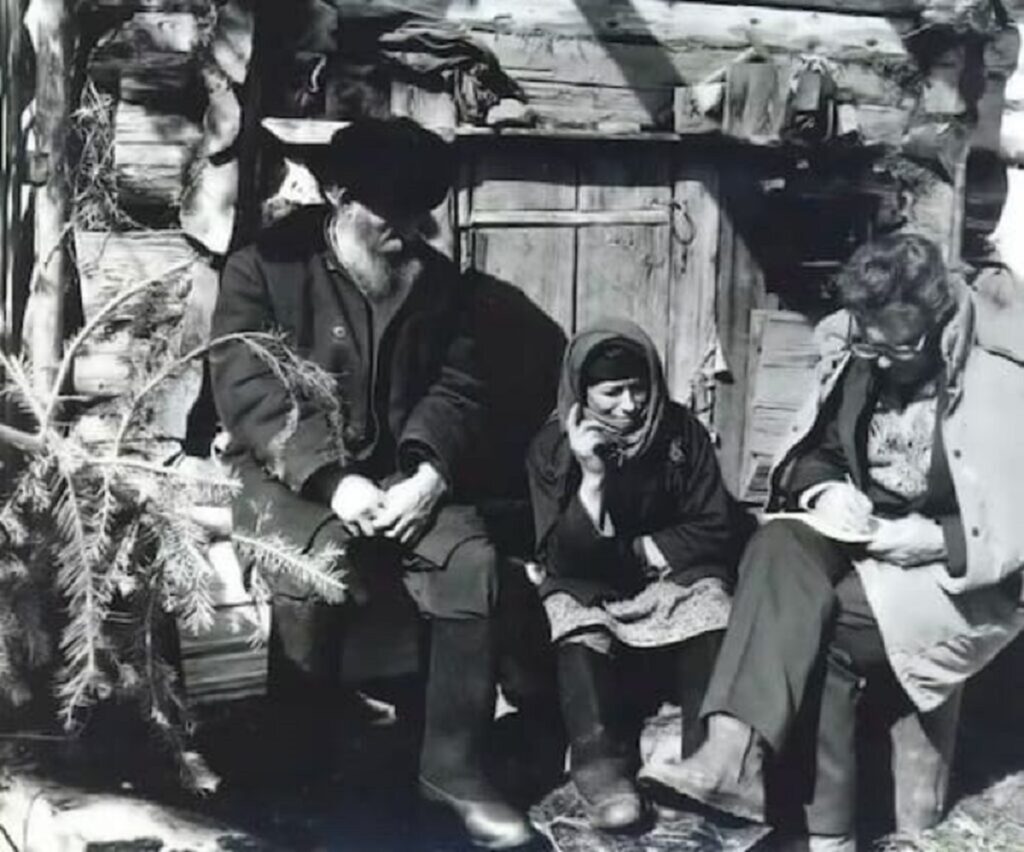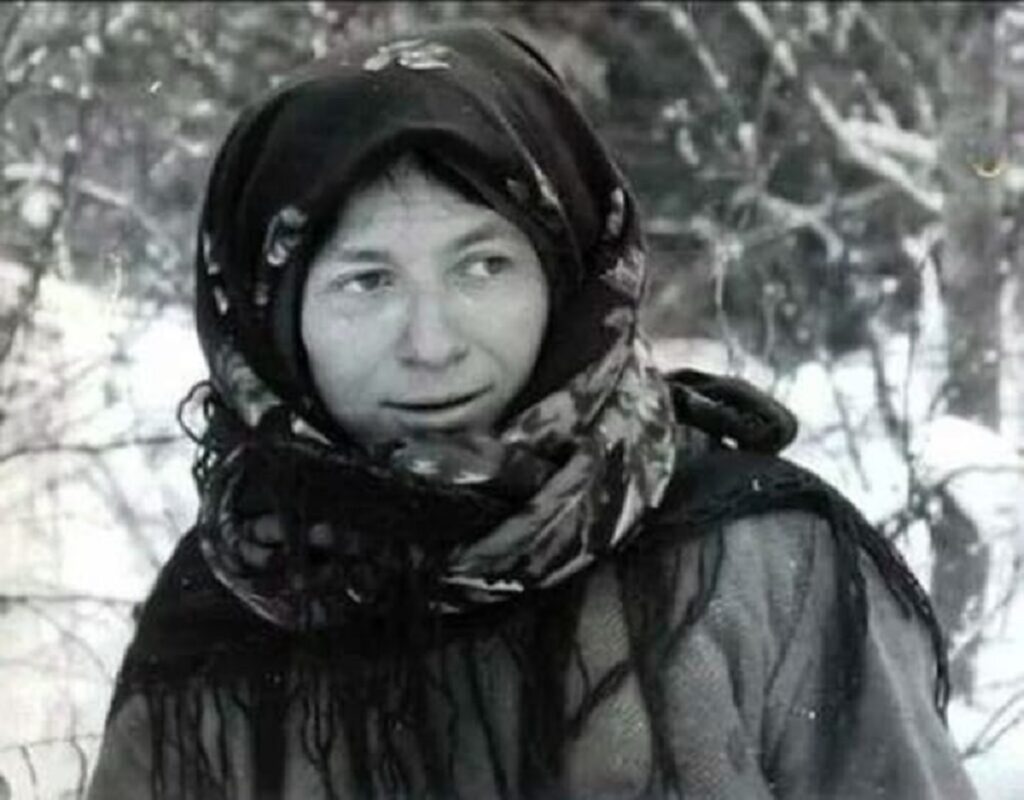In today’s world, where constant connectivity is just a click away, the story of the Lykov family seems almost unbelievable. For four decades, this Russian family lived completely cut off from civilization, hidden deep within the remote forests of Siberia. Their extraordinary tale of survival and isolation is a stark reminder of a life entirely disconnected from the modern world—one that’s both fascinating and thought-provoking.
The Lykov Family: A Life Unplugged

Imagine living in a place so far removed from modern society that you never encounter another human being for most of your life. That’s exactly what the Lykov family experienced. In the early 1930s, Karp Lykov, along with his wife Akulina and their two young children, Savin and Natalia, fled to the wilderness to escape the oppressive regime of the Soviet Union. They were running from persecution after Karp’s brother was killed by Soviet soldiers, and they believed that the only way to survive was to disappear entirely from the eyes of the state.
They found solace in the harsh, frozen wilderness of Siberia’s Taiga, where they built their lives far from any modern conveniences. For nearly 40 years, the Lykovs lived without electricity, running water, or even contact with the outside world. It wasn’t until 1978, when a group of Soviet geologists stumbled upon their homestead, that the family’s existence was brought to light. This was their first interaction with anyone from the outside world since they had retreated into the wilderness decades earlier.
A Testament to Resilience and Simplicity

Living in complete isolation, the Lykovs were forced to rely on their resourcefulness and resilience. Their survival was nothing short of remarkable, given the harsh conditions they endured. The family lived off the land, relying on hunting and gathering, and created homemade clothes from hemp and tree bark. Their diet was minimal, and at times, they were teetering on the brink of starvation.
What might seem like an impossible existence to many of us was, for the Lykovs, a life of simplicity. Their only luxuries were the few tools they had managed to create by hand and a family Bible, which became the center of their spiritual life. The children, including two who were born in the forest—Dmitry and Agafia—grew up without any knowledge of the world beyond their immediate family and the dense forest they called home. They had no idea about major historical events like World War II and had never seen a car, a television, or even a stranger.
The World Intrudes
Despite their desire to remain in isolation, the outside world eventually found its way into their lives. When the Lykovs were discovered by the geologists in 1978, the media attention that followed was overwhelming. It was a shock to the family, and though they were offered assistance and the chance to join society again, they chose to remain in their forest retreat. Tragically, this decision led to the loss of most family members.
Karp Lykov, the patriarch, survived for another decade after their discovery, passing away in 1988 at the age of 90. His wife, Akulina, and their children, Savin and Natalia, had already passed away in the years following their first contact with the outside world. Only Agafia, the youngest daughter, remains in the forest today, living alone in a modest home built with the few tools and materials she’s managed to scavenge or create over the years.
A Modern Hermit’s Tale
Agafia Lykov’s continued existence in the Siberian wilderness is a testament to the endurance of the human spirit. She lives in a home that is far less primitive than the one her parents created, with a small garden and a modest, though functional, lifestyle. However, her isolation remains absolute. Agafia has refused offers of relocation, choosing instead to remain in the only life she’s ever known.
In a world obsessed with technological advancements and connectivity, Agafia’s choice to remain isolated offers a poignant contrast. She is, in a way, the last living connection to a way of life that no longer exists—one that is entirely dependent on nature and self-sufficiency. Her story, while extraordinary, is also a reminder of what is possible when we strip away all the distractions of modern living and focus only on the essentials of survival.
Reflection on Our Own Lives
The Lykov family’s incredible story challenges us to rethink our own relationship with society and technology. In an age where we’re constantly plugged in, their life of solitude and simplicity raises important questions about what we truly need to live fulfilling lives. The Lykovs managed to survive, and even thrive, in a world that was completely disconnected from the digital age and the luxuries we take for granted.
Their narrative serves as a reflection on our own lives—on what we rely on, what we take for granted, and what we might be missing in our relentless pursuit of connection. It is a tale that’s both extraordinary and humbling, and one that encourages us to pause and reconsider the true meaning of survival, resilience, and human connection.
In the end, the Lykovs remind us that sometimes, the most remarkable stories are those that are lived far away from the spotlight, in the quiet corners of the world where life unfolds at its most basic, and often most beautiful, level.






